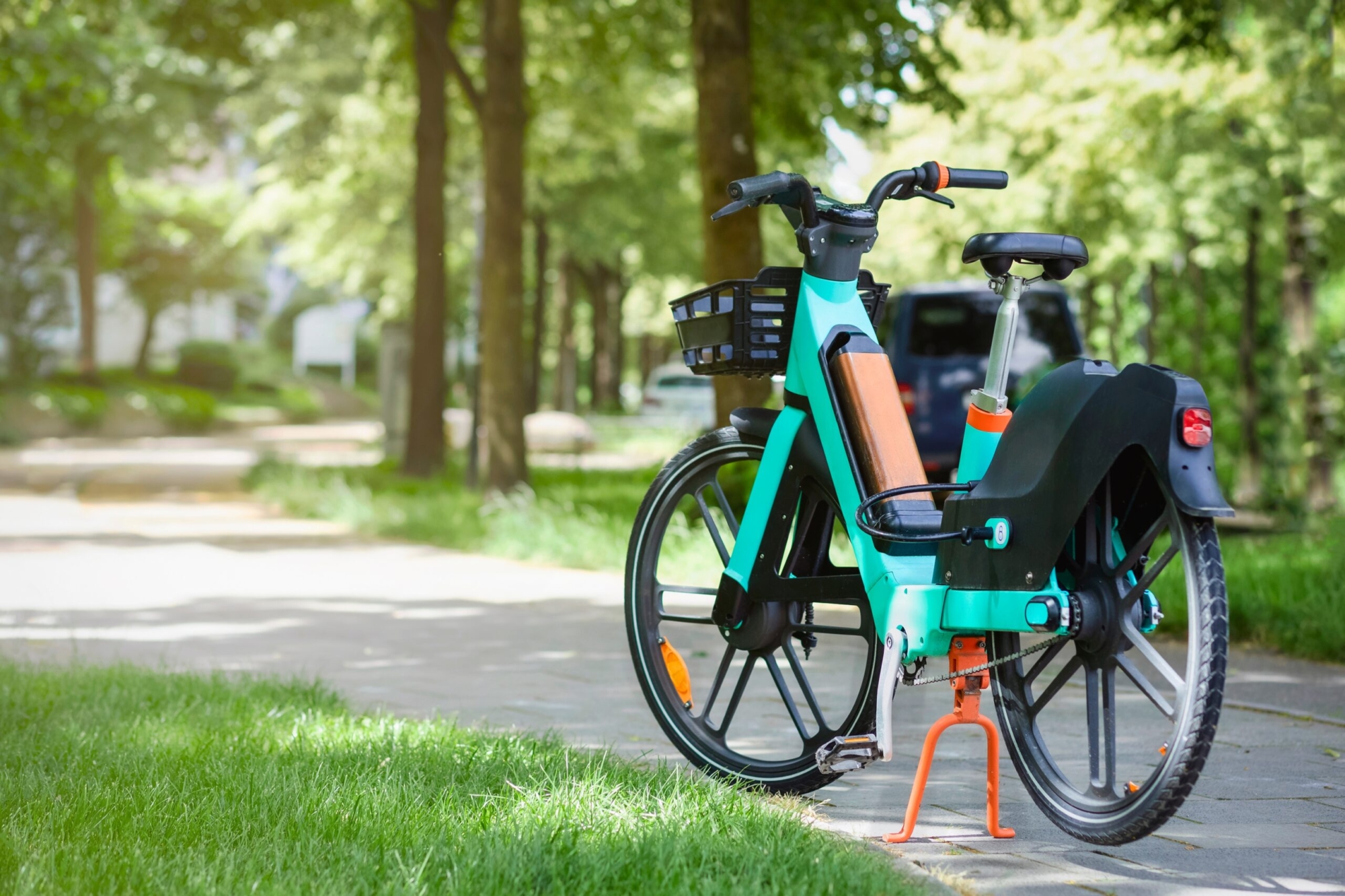
As the process of decarbonizing ports and terminals accelerates, there is growing interest in battery-powered e-bikes, e-scooters and e-motorcycles as alternatives to traditional diesel-powered vehicles. While these electric vehicles offer a cheaper, cleaner option, cargo handling insurance specialist TT Club warns that integrating them into logistics facilities poses significant safety and operational risks.
Also read: Reducing your carbon footprint: How logistics can support green building initiatives
Terminal design and traffic management challenges
Ports and logistics facilities are primarily designed to accommodate large trucks and heavy equipment. Introducing small battery-powered personal vehicles into these environments poses challenges due to their low visibility and vulnerability. The terminal’s traffic layout, road conditions and overall infrastructure are tailor-made for rugged machinery rather than light two-wheeled vehicles.
Neil Dalus, risk assessment manager at TT Club, highlighted the inherent dangers posed by terminal surfaces: “Terminal pavements are designed to withstand high volumes and heavy loads and are often subject to wear and tear, resulting in uneven surfaces. For smaller wheeled vehicles vehicles, these conditions are hazardous. Railroad crossings, spills and wet surfaces exacerbate the risk, especially for two-wheeled vehicles that lack the stability of four-wheeled vehicles.”
Security Measures and Planning
The addition of e-bikes and similar vehicles is also blurring the lines between different user groups, such as pedestrians and cargo handling equipment. TT Club recommends enhanced traffic safety planning, including:
– Operator licensing and training programs.
– Mandatory use of personal protective equipment (PPE).
– Redesign traffic layout to accommodate different vehicle types.
Fire risk during charging and maintenance
The popularity of electric vehicles has brought about another pressing issue: the risk of fire during charging. TT Club emphasizes the need to:
– Conduct comprehensive due diligence on vehicle and charging station procurement.
– Rigorous fire risk assessment to determine the safest locations for charging points.
Balancing innovation and security
While e-bikes and similar vehicles contribute significantly to cost savings and reduced emissions, their integration must be managed carefully. Dalus concludes: “Battery-powered personal transport vehicles bring huge benefits, but their adoption requires careful planning and risk management. Only by addressing these issues can we balance innovation with safety and enable a cleaner, more efficient cargo handling industry. A more sustainable working environment.”
As the logistics industry continues to move toward greener operations, port and terminal operators must address these challenges to ensure that sustainability efforts do not come at the expense of safety and operational efficiency.











Leave a Reply Cancel reply
You must be logged in to post a comment.